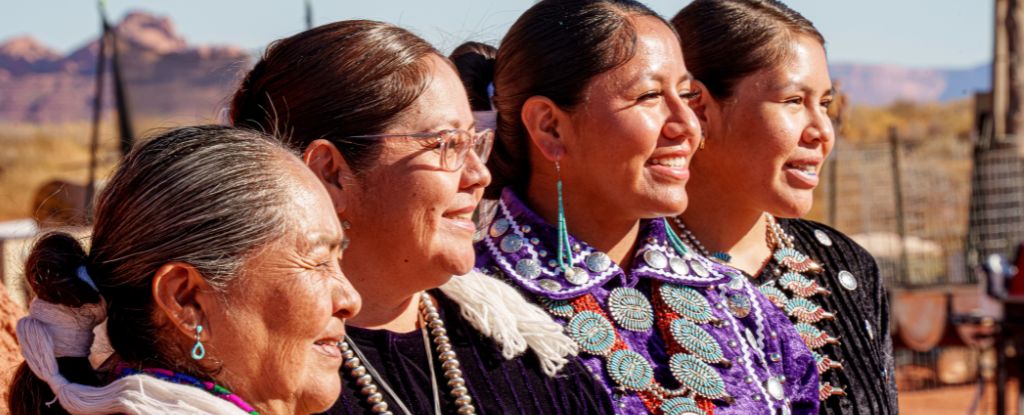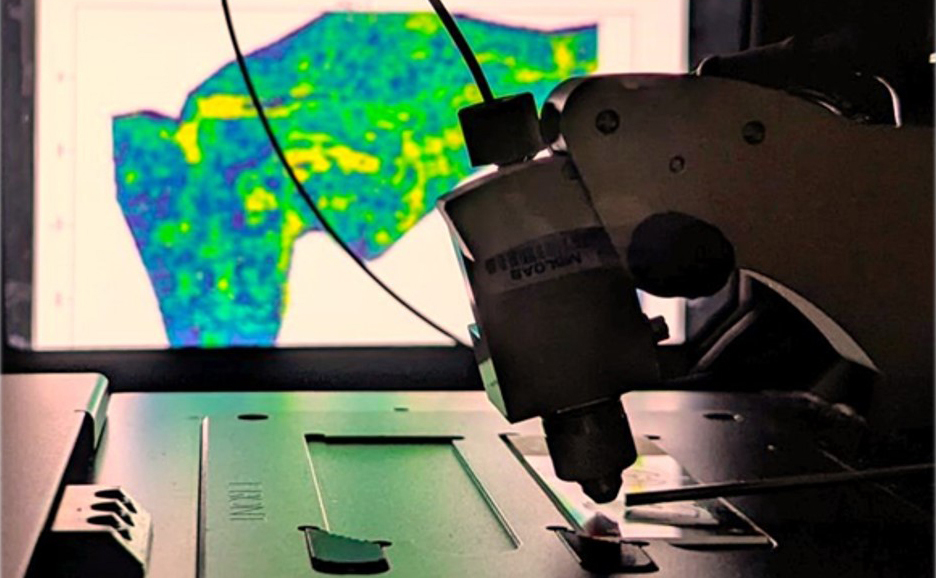
A recent analysis highlights the potential impact of a genetic variant inherited from Denisovans on the survival of modern humans in the Americas. Researchers found that this specific variant may have provided an evolutionary advantage to Indigenous Americans, influencing their ability to thrive in diverse environments across the continent.
According to evolutionary biologist Emilia Huerta-Sánchez from Brown University, interbreeding events with now-extinct human species introduced significant genetic variation into early human populations. “Typically, genetic novelty is generated through a very slow process,” she noted. “But these interbreeding events were a sudden way to introduce a lot of new variation.”
The focus of this research is the MUC19 region of the human genome, which encodes for a mucin protein involved in mucus production. While all humans possess MUC19 genes, those with Indigenous American ancestry are more likely to carry a variant of this gene that traces back to the Denisovans. The team analyzed ancient and modern genetic material to uncover the complex pathways through which this variant persisted.
The analysis revealed that the Denisovan genetic material reached the Americas through a series of introgression events involving Neanderthals and modern humans. “Our results point to a complex pattern of multiple introgression events, from Denisovans to Neanderthals and Neanderthals to modern humans, which may have later played a distinct role in the evolutionary history of Indigenous American populations,” the authors explained.
The Denisovan DNA was found at high frequencies in the genomes of 23 ancient Indigenous American individuals unearthed at archaeological sites in Alaska, California, and Mexico. These remains predate European and African arrivals to the continent, establishing a significant link between the ancient Denisovans and Indigenous populations.
Research data from the 1,000 Genomes Project, a comprehensive survey of human genetic diversity, corroborated the presence of the Denisovan gene among contemporary Latino Indigenous Americans. The study indicated a notable expansion of repeated sequences within the MUC19 region as Homo sapiens migrated into North America, effectively doubling the functional domain of this mucin.
This expansion is believed to have provided an adaptive advantage, driven by environmental pressures unique to the Americas. The changes occurred in a region crucial for the protein’s ability to bind to sugars, resulting in a stickier mucin glycoprotein. The researchers suggest that this enhanced mucus property might have played a significant role in improving survival and reproductive success in new habitats.
While the exact benefits of this genetic adaptation remain uncertain, the authors propose that it might have facilitated cooperation with beneficial North American microbes or aided in the rejection of harmful ones. Huerta-Sánchez emphasized the importance of further investigation into the gene’s functionalities. “Something about this gene was clearly useful for these populations – and maybe still is or will be in the future,” she stated.
This pivotal research was published in the journal Science, contributing valuable insights into the genetic legacy of ancient human interactions and their implications for modern populations.






